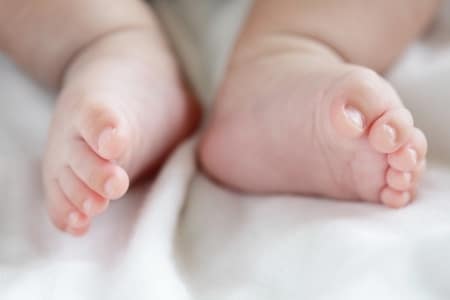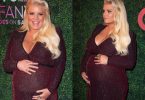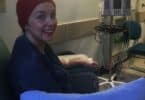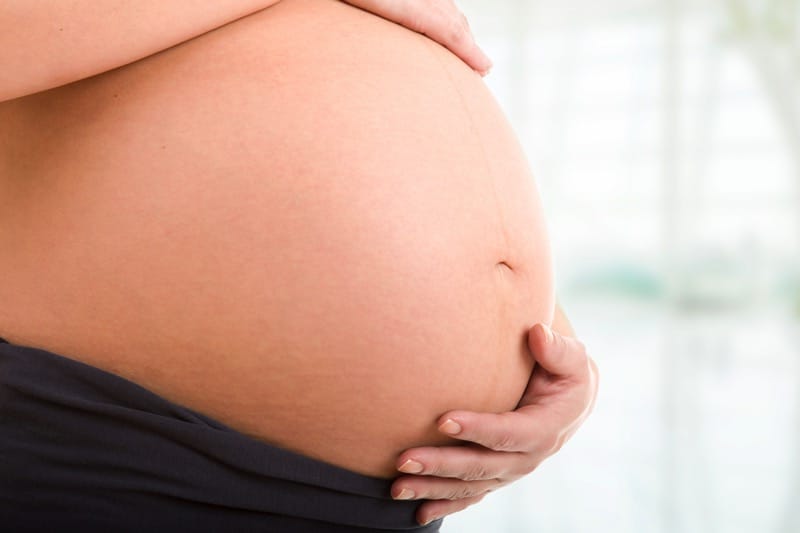For the Barter family, it has taken 100 years to finally get rid of a curse that has led to much suffering for the women in the family. Baby Elise, the newest addition, does not carry a BRCA gene mutation like her aunt, grandmother, great grandmother and great great grandmother that led to breast and ovarian cancer.
A huge burden was lifted from Andrew Barter and the rest of his family when it was revealed that the baby girl does not carry the gene mutation that led to the struggle and loss of life of 20 women in the family .
Andrew did not carry the gene mutation and now tests have shown that baby Elise is finally free from a cancer causing gene.
Andrew’s sister Krystal began her charity Pink Hope charity to support people with the BRCA1 or BRCA2 gene mutations. The charity is marking Friday as Bright Pink Lipstick Day.
In Australia there are about 120,000 individuals with the mutation and Krystal is one of them.
She says, “Imagine hitting your teens and as you look down at your developing chest wondering if your breasts are going to give you cancer.”
One of the most difficult challenges for the women suffering with the mutation is to decide between regular surveillance or preventive surgery.
Plastic surgeon Dr Garry Buckland says that surveillance can detect early breast cancer or, preferably, a pre-cancerous change. For ovarian cancer there are no reliable screening methods.
On the other hand a preventive surgery may include a mastectomy which reduces the risk of breast cancer by 97 percent.
Removal of the ovaries also has the added benefit or reducing the risk of breast cancer.
“It is an incredibly difficult process for the entire family. A gene mutation in one member has implications for everyone in the family,” said Dr Buckland.
Seventy percent of women choose surveillance.
Dr. Buckland also adds that if a woman chooses surgery, it is best to do it before their mother or grandmother or any relative was diagnosed with the tumor.
For men who carry the mutant gene, there is equal risk of having breast or prostate cancer. Children of carriers have 50 percent chance of the genes getting passed on to them.
Baby Elise is therefore truly a special child for giving her family the hope of raising a cancer free daughter after 100 years.







